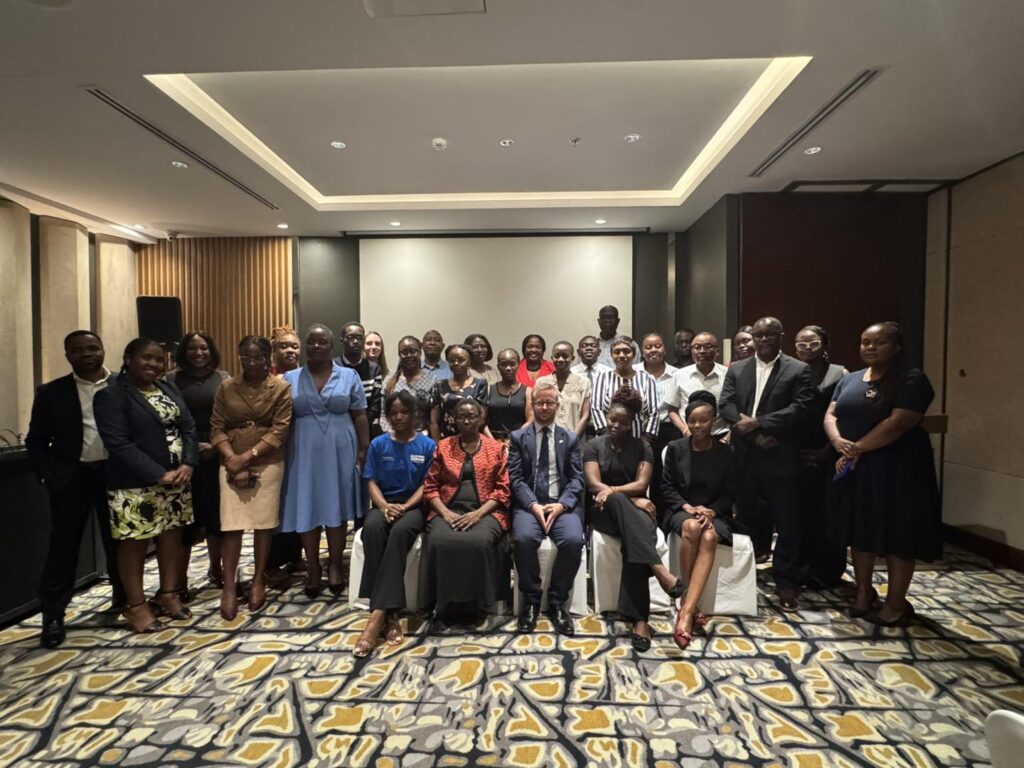Zambia Steps Up Fight Against Child Marriage
Stakeholders have convened to deliberate on strategies aimed at effectively tackling child marriage and promoting the rights and wellbeing of Zambia’s children through enhanced social protection mechanisms.
The meeting, officially opened by the Permanent Secretary in the Ministry of Community Development and Social Services, Ms Angela Kawandami, highlighted child marriage as one of the country’s most pressing child protection challenges.
Ms Kawandami noted that despite Zambia’s progress in addressing the issue through legislative reforms, advocacy, and community interventions, persistent poverty, inequality, and social vulnerability continue to expose many girls to the risk of early marriage.
She stated that the roundtable provided an opportunity to explore how social protection systems, including cash transfers, livelihood support, education incentives, and community empowerment initiatives, can be leveraged to mitigate the economic drivers of child marriage and promote sustainable change.
“The approval of the Cash Plus concept by Cabinet in June 2022 gives Zambia an opportunity to support families of victims and survivors of child marriage through various social protection programmes that uplift their living standards,” Ms Kawandami said.
She urged stakeholders across sectors such as education, health, justice, and social protection to realign efforts and break down silos to strengthen child protection. “Let us also be intentional in ensuring that our approaches are data-driven, inclusive, and responsive to the unique challenges faced by girls in rural and high-prevalence areas,” she added.
Ms Kawandami reaffirmed the Ministry’s commitment to coordinating multi-sectoral actions to accelerate Zambia’s progress towards ending child marriage by 2030, in line with Sustainable Development Goal 5.3 and national development priorities.
Meanwhile, British Deputy High Commissioner and FCDO Development Director, Mr Simon ten Brinke-Jackson, underscored the critical role of social protection systems such as the Social Cash Transfer (SCT) and Keeping Girls in School programmes in reducing child marriage.
He commended Zambia’s progress, including the enactment of the Child Code Act, the development of chiefdom by-laws, and the Amendment of the Marriage Act of 2023, which establishes 18 years as the minimum age of marriage without exception — including in customary unions — describing it as a “landmark reform.”
Mr ten Brinke-Jackson reaffirmed the UK’s commitment to providing technical and financial support while sharing global good practices and evidence to sustain momentum in ending child marriage.
The workshop brought together representatives from civil society organisations, non-governmental organisations, and various government departments. It aimed to disseminate findings on how social protection contributes to reducing child marriage, strengthen stakeholder commitment, and develop concrete action plans aligned with the 2025 Roadmap to End Child Marriage while mobilising resources to scale up impactful interventions nationwide.



